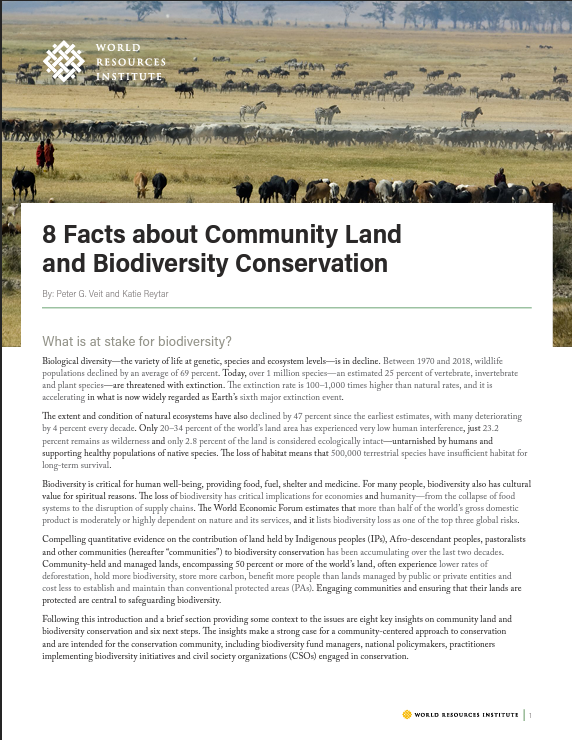Why tree planting in rangelands can be bad for biodiversity and the climate
Huge global targets for tree planting are being set; everyone is urged to plant a tree to save the planet. But does this always make sense, particularly in rangelands where pastoralists live? Discussions in the run up to the UN’s COP15 conference on biodiversity have focused on tree planting as a way to combat desertification, improve biodiversity and address climate change through ‘carbon offset’ schemes. Many of these initiatives are deeply problematic, yet have targeted over one billion hectares of rangelands across the worldi .






